
New generation academy

The Almaty Academy of the Ministry of Internal Affairs of the Republic of Kazakhstan, named after Makan Esbulatov, calls itself the next-generation academy, and this claim is totally justified. The Academy is pursuing a synthesis of science, classical law enforcement, and modern technology. 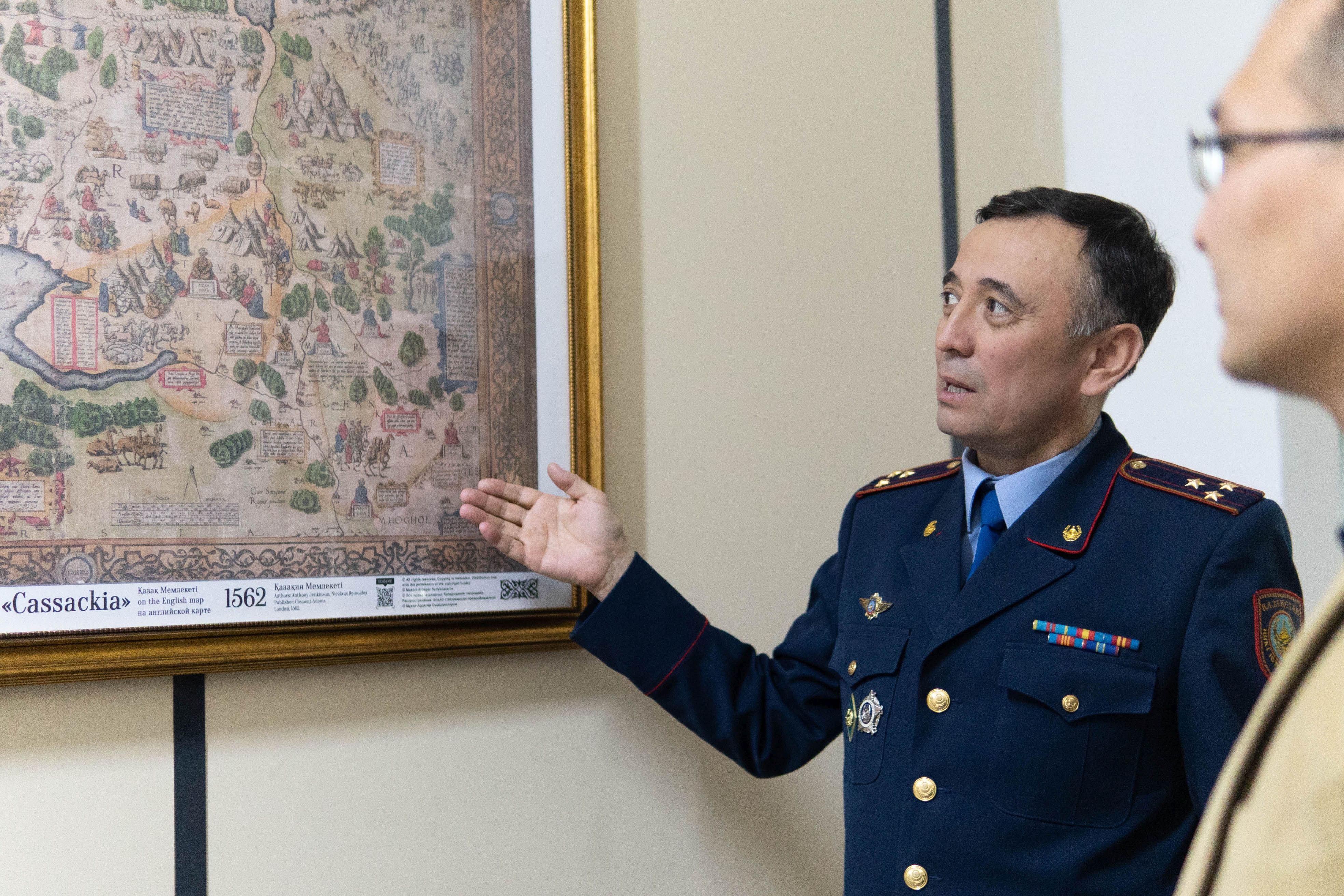
The Academy aims for an ambitious task: to train law enforcement professionals of the 21st century who will combat crime and stop it, armed with modern and relevant knowledge and skills. Now everyone is studying at the Academy, from a cadet to the director of the department of the central apparatus of the Ministry of Internal Affairs and the regional police department.
The Faculty of Management Training (Faculty No. 1) and the Faculty for the Training of Middle Commanders (Faculty No. 2) have been operating at the Academy since 2021. The source of inspiration is world experience and the best methodologies of leading countries. The leaders of law enforcement agencies regularly learn managerial, technical, and communication skills in the UK, Germany, and Japan.

On top of that, the Almaty Academy of the Ministry of Internal Affairs students learn financial and legal competencies, crisis and HR management, and public speaking.
In addition to full-time teachers, guest lecturers share their knowledge with students of the Academy. Among them are the heads of the Ministry of Internal Affairs and the central office of the ministry, directors of territorial police departments, experienced employees of the police department, other law enforcement and government agencies, as well as representatives of public organizations, the media, parliament deputies, OSCE experts, leading scientists from universities in the CIS countries and Kazakhstan, veterans ATS.
The final study stage is command and staff exercises with the National Guard of Kazakhstan.
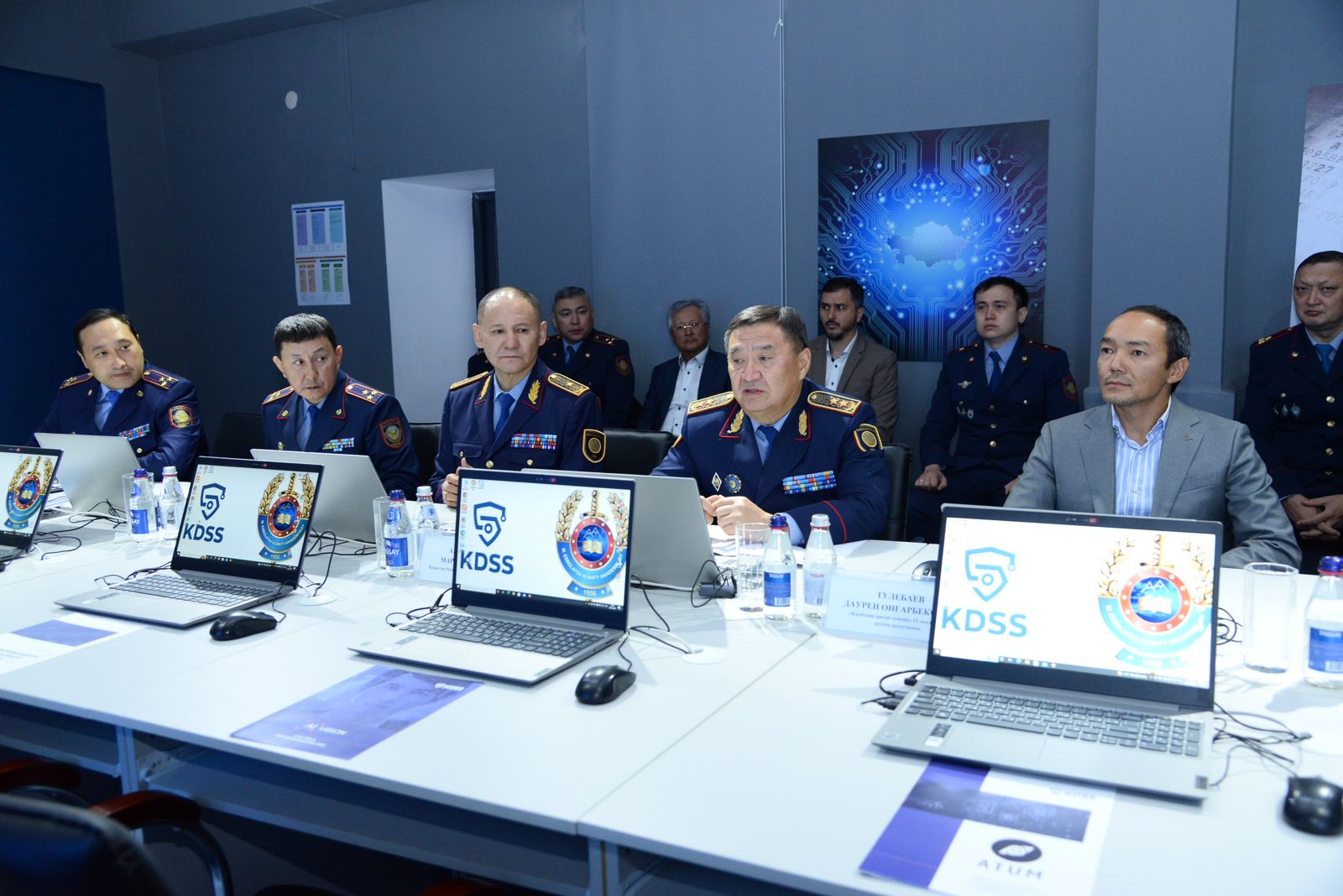
Cutting-edge technologies for the law enforcement
At faculty No. 2, specialists in countering drug and, cybercrime, extremism, as well as in ideological and PR work, improve their qualifications.
The Academy keeps up with the times. Its specialists launched the Mobile Academy project. As part of this project, professors and teachers of the Academy traveled directly to the regional police departments. They trained over a hundred middle and senior managers in project management skills and service approaches.
The Academy's CyberLab trains security professionals. The institution conducts vocational guidance for young people. To aid this, the Academy is implementing the project "One Day in the Police."
Another innovation is the double degree program. This became possible after a joint agreement with Alma U University was signed. This program trains police officers in the personnel reserve for senior positions in territorial police units.
At the end of the course, graduates are awarded diplomas of postgraduate education from two universities and are awarded two degrees:
- Master of Business and Management in the educational program "Project Management";
- Master of National Security and Military Affairs in the educational program "Law Enforcement."
The Faculty of Professional Training (No. 4) trains personnel for the internal affairs bodies on undergraduate programs and initial vocational training courses. These are IT and criminal police specialists combating organized crime, extremism, drug trafficking, and cybercrime.
The most important aspect of training is the combat training of police officers. The Academy pays special attention to unique police tactics, creating realistic conditions for them to be practiced.
Professors and teachers are constantly undergoing internships. Over the past two years, 80% of teachers have taken them, as well as advanced training courses. With 100% coverage, the Academy team overcame the required level when passing certification testing according to the KAZTEST system.
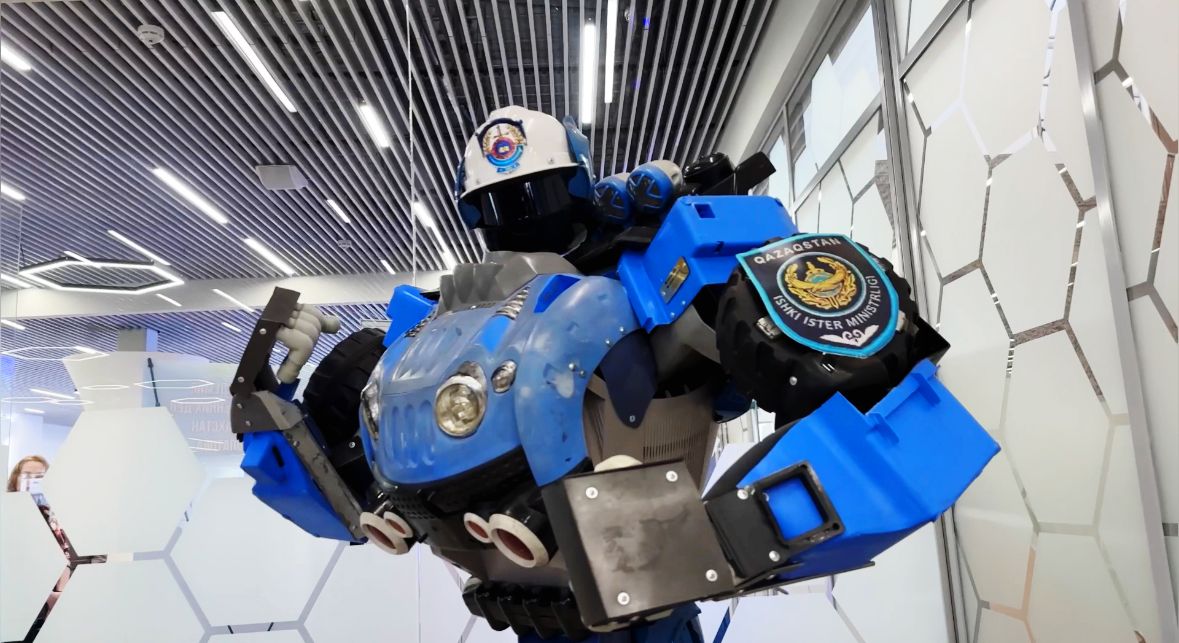
More than just an academy
Since 2022, the Academy has introduced the assessment of the work of professors and teachers based on KPI indicators.
The Academy annually conducts seminars and training on modern educational and case technologies, effective teaching methods, and teaching skills courses for young teachers.
The teaching staff of the Academy participates in the work of groups to introduce changes and additions to the normative legal acts of the Ministry of Internal Affairs in educational activities. The staff of the departments, together with the centers, prepared videos on combating drug addiction and fraud using information technology, which can be seen in the Almaty metro and cinemas of the country.
Fifteen employees of the Academy studied Project Management at the Academy of Public Administration under the President of the Republic of Kazakhstan and successfully passed the certification.
But that's not all! The Academy also provides paid services. They are specially designed cases in different fields, not only for police officers but also for other government agencies and private business entities. So, for example, after the well-known events that took place in one of the secondary schools in the North Kazakhstan region, the staff of the Academy developed a case called "Ensuring security in the organization of education."
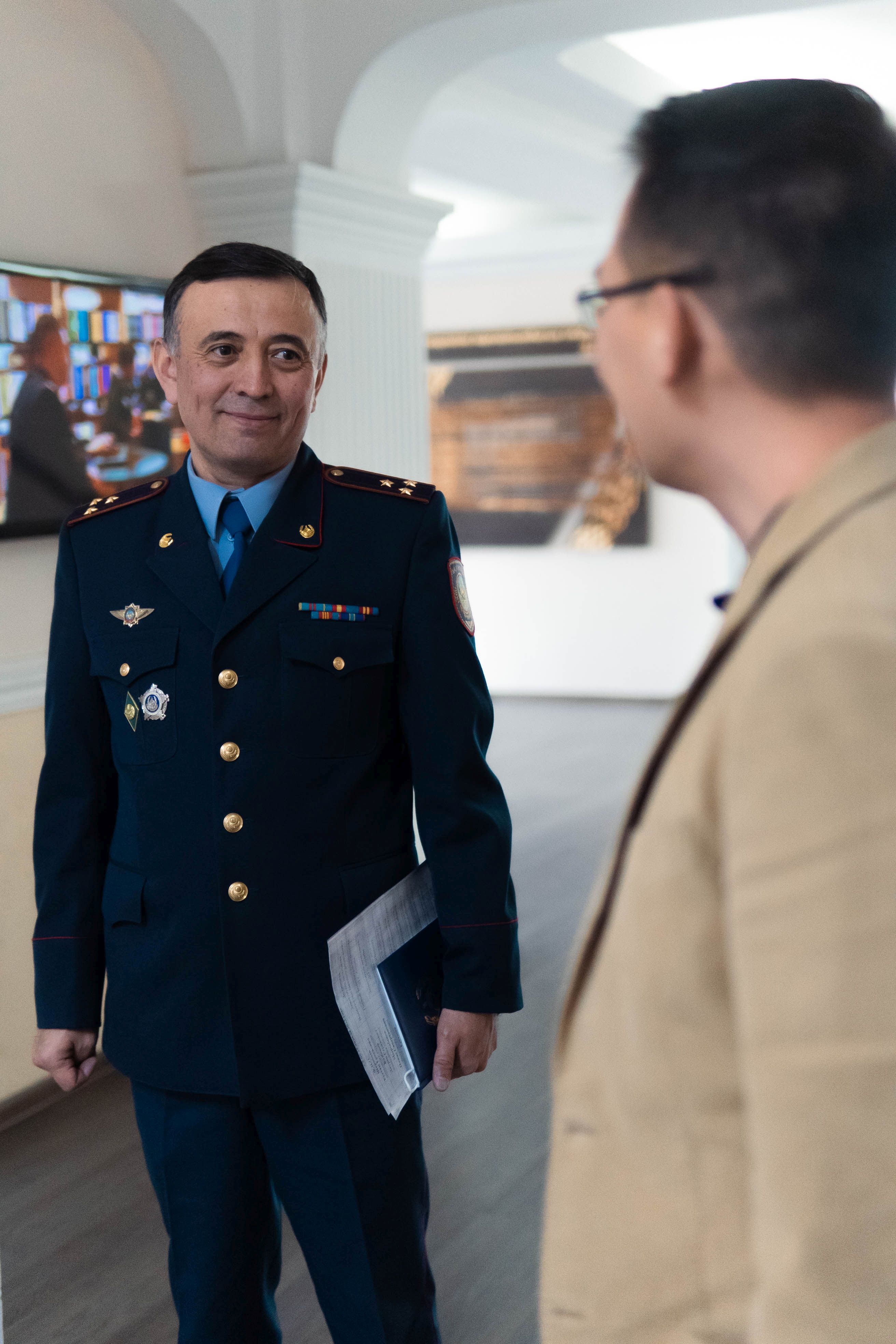
Yerzhan Bimoldanov
Deputy Head of the Almaty Academy of the Ministry of Internal Affairs of the Republic of Kazakhstan, named after M. Esbulatov.
In our collection, we tried to collect the most iconic and famous maps showing the continuity of Kazakhstan's history. Geographic maps made decades ago were fundamentally different from those we use today. There was no Internet, meaning the map was a unique source of knowledge and had to contain the maximum amount of information.
Maps reveal the essence of the processes in certain countries: the economy and the political system. Many old maps of Kazakhstan note that our people are of nomadic origin and that our ancestors lived in yurts.
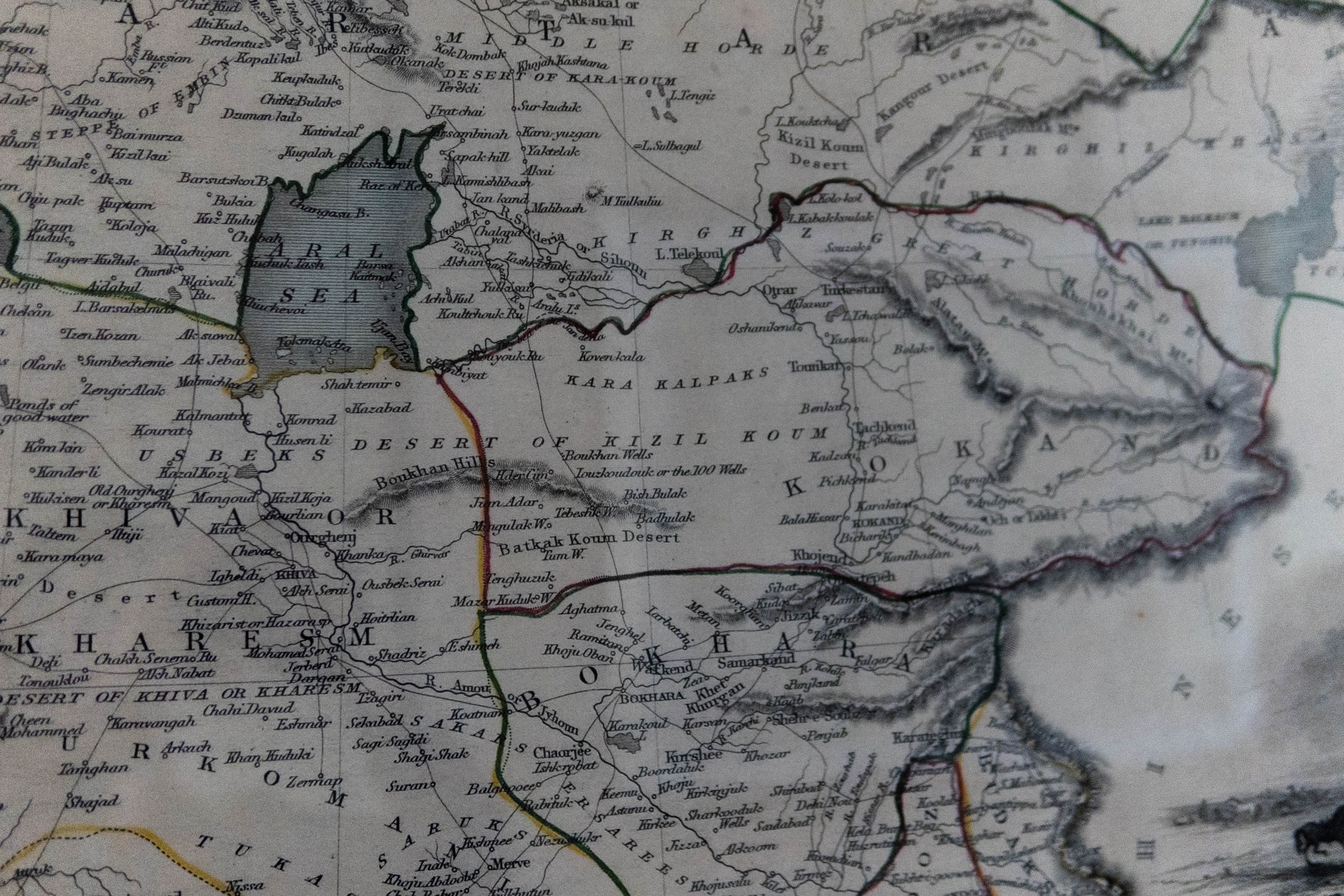
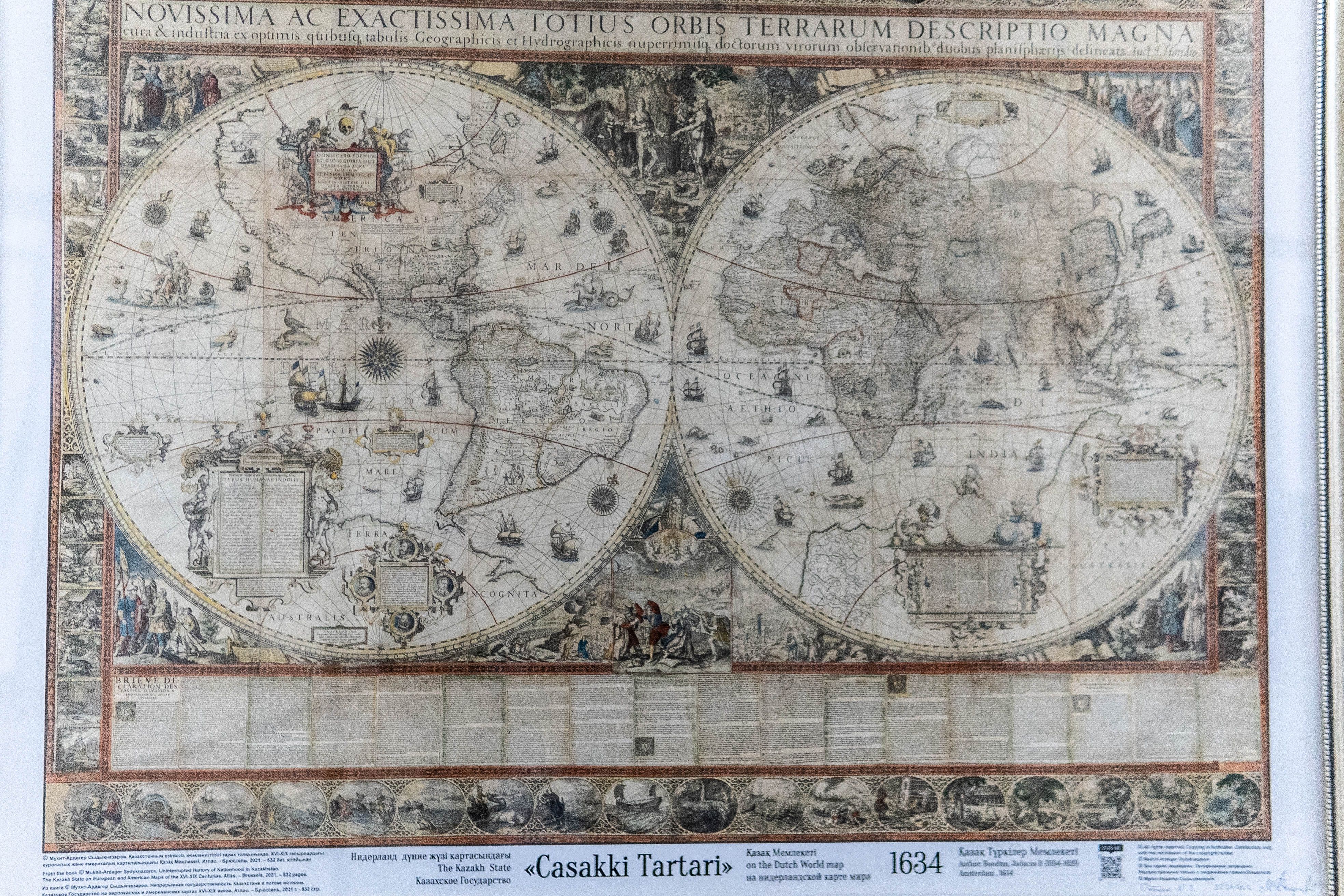
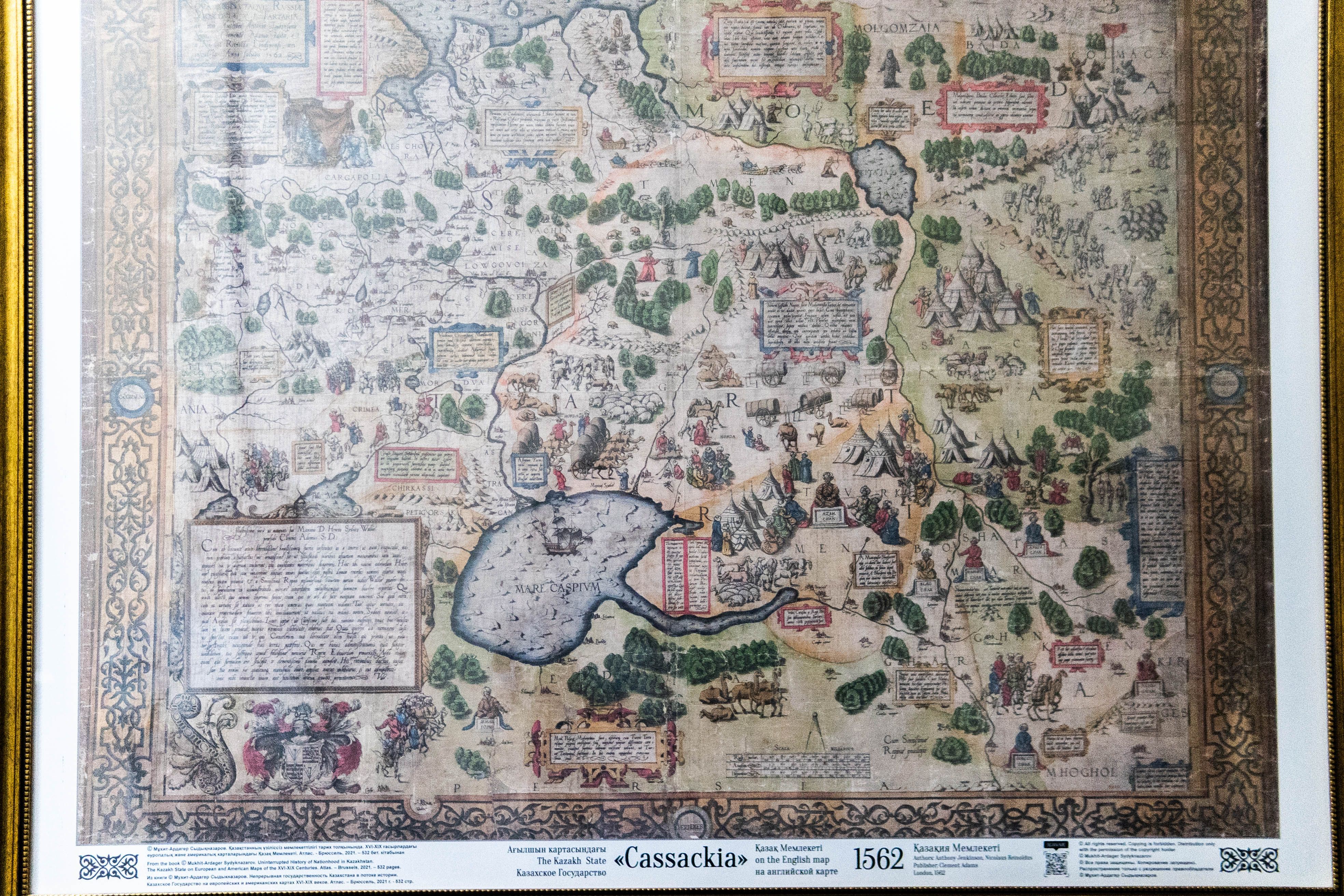
Our gallery of geographical maps is entirely open; it was created as the initiative of our leader Aidar Mutalikovich Saytbekov.

Head of the Academy General-Mayor Aidar Saytbekov
The Academy discovers new approaches to solving problems related to law enforcement. One of the tasks that we set ourselves is to become more open. That task is on a global scale; it includes, among other things, demonstrating our history to the world. In 2022, an assistant adviser to the US Secretary of State came to us and said that they have been counting the statehood of Kazakhstan only since 1991. However, our statehood has a long history that dates back earlier than the statehood of many European countries or the USA.
Each employee of the Academy studied these maps; the second floor is entirely dedicated to the gallery. Each map will have a QR code to listen to detailed information. The fact that we have the maps here and that they are available is the result of painstaking work. By the way, the maps of old times differ from those of today. Each of them (both due to the complexity of the work involved and the scarcity of paper) was a unique historical document.